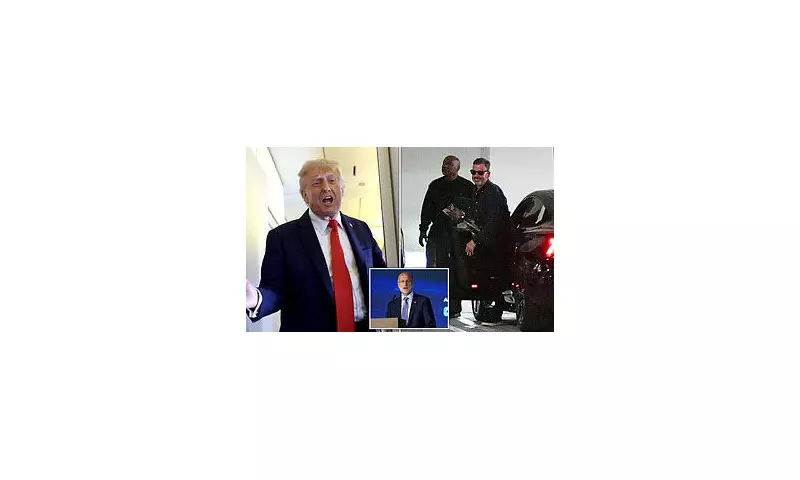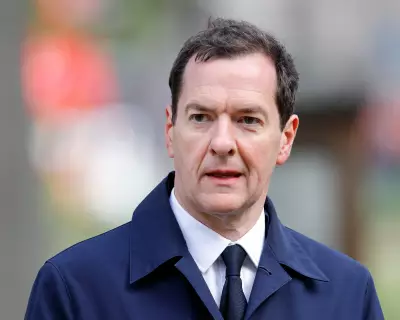
In a seismic development for the US media landscape, federal regulators have launched a direct assault on Donald Trump's burgeoning media empire. The Federal Communications Commission (FCC) has taken the extraordinary step of moving to revoke a critical broadcast license held by Truth Social's parent company, Trump Media & Technology Group.
An Unprecedented Regulatory Challenge
The FCC's action represents one of the most significant regulatory challenges faced by a former president's business venture. At stake is the license for WWOR-TV, a New York-based television station that serves as the transmission backbone for Truth Social's streaming ambitions. This license was acquired through a complex corporate manoeuvre involving the merger with shell company Digital World Acquisition Corp.
The Core of the Controversy
Regulators have raised serious concerns about the corporate structure and control of the broadcast license. The central allegation revolves around whether the Trump-owned entity is improperly exerting influence over the license, potentially violating FCC rules designed to prevent single entities from dominating multiple media outlets in one market.
An administrative law judge has been tasked with determining whether the company's structure constitutes an illegal attempt to control two stations in the same market—a clear violation of longstanding media ownership rules.
Potential Consequences for Truth Social
The loss of this license would deliver a devastating blow to Trump's digital media aspirations. Without this critical infrastructure, Truth Social's ability to operate as a comprehensive media platform—particularly its planned streaming services—would be severely compromised. This comes at a time when the platform is positioning itself as a conservative alternative to mainstream social media.
Broader Implications for Media and Politics
This regulatory battle extends beyond corporate technicalities, touching on fundamental questions about media ownership, political influence, and the boundaries of free speech in the digital age. The outcome could set important precedents for how regulatory bodies approach politically-aligned media ventures in the future.
The Trump organization has yet to issue a formal response, but legal experts anticipate a fierce courtroom battle that could test the limits of media regulation in the increasingly blurred lines between traditional broadcasting and digital content distribution.





